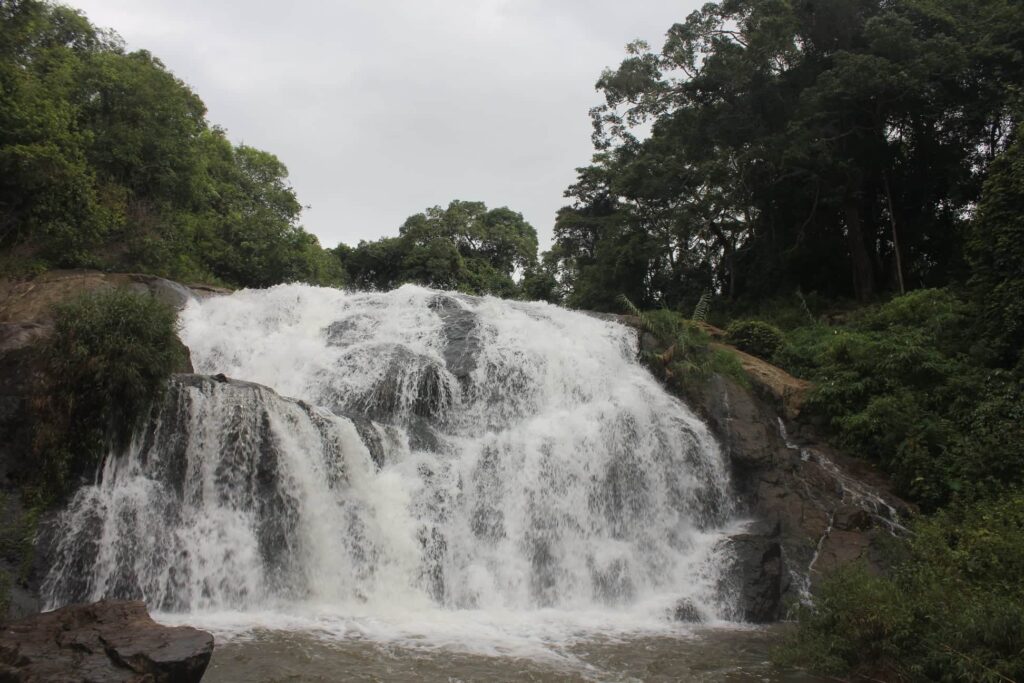Water is a critical resource that is under siege. It is a finite source that must be protected at any cost from exploitation, wastage, and pollution. Human civilizations have formed near water sources, and this cradle of human civilization is now in peril. The large scale devastation caused by water scarcity and pollution is known to everyone, but few have taken the initiative to educate about this issue.
At The Heritage Foundation, we are working with farmers and industrialists to educate about water management practices such as rainwater harvesting, farm ponds, contour trenches, micro check dams, and many more to save this most precious resource. Rainwater harvesting is a simple yet effective method of collecting and storing rainwater for future use. Farm ponds are small reservoirs created on farms to store water for irrigation and livestock. Contour trenches are shallow trenches dug along the contour of a slope to slow down and retain rainwater. Micro check dams are small structures built across streams and rivers to check the flow of water and increase the water table.
These practices not only help to conserve water but also improve the efficiency of water usage. By harvesting rainwater, farmers can reduce their dependence on groundwater and surface water sources, which are often over-exploited. Farm ponds and contour trenches help to increase water availability for irrigation and livestock, leading to improved crop yields and better animal health. Micro check dams help to recharge groundwater and improve the water table in the area.
Water pollution is another major problem that needs to be addressed. Industries and agriculture are the main sources of water pollution. Industries discharge hazardous chemicals and pollutants into rivers and lakes, contaminating the water and making it unfit for human use. Agriculture also contributes to water pollution through the use of chemical fertilizers and pesticides.
To combat this problem, we at The Heritage Foundation are working with industries and farmers to educate about best practices for pollution control and waste management. We are encouraging industries to adopt cleaner production methods and invest in treatment facilities to remove pollutants from their waste streams. We are also working with farmers to promote sustainable agricultural practices that reduce the use of chemicals and minimize the risk of pollution.
In conclusion, water is a critical resource that is under siege. It is a finite source that must be protected at any cost from exploitation, wastage, and pollution. The Heritage Foundation is working to educate and empower farmers and industrialists to adopt water management practices that conserve and protect this precious resource. We believe that by working together, we can ensure that water is available for the sustainable development of human civilization and the preservation of our planet.
.

